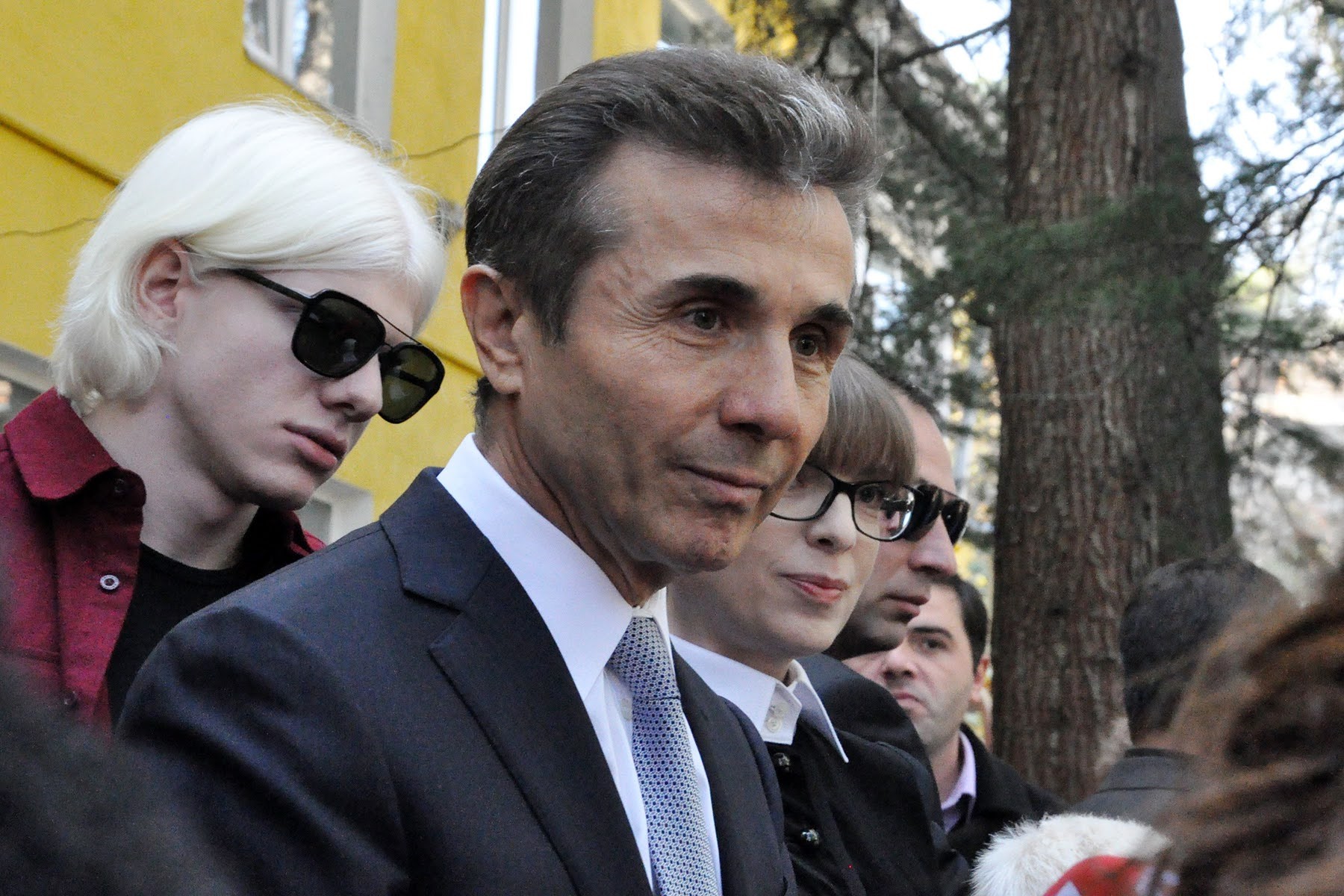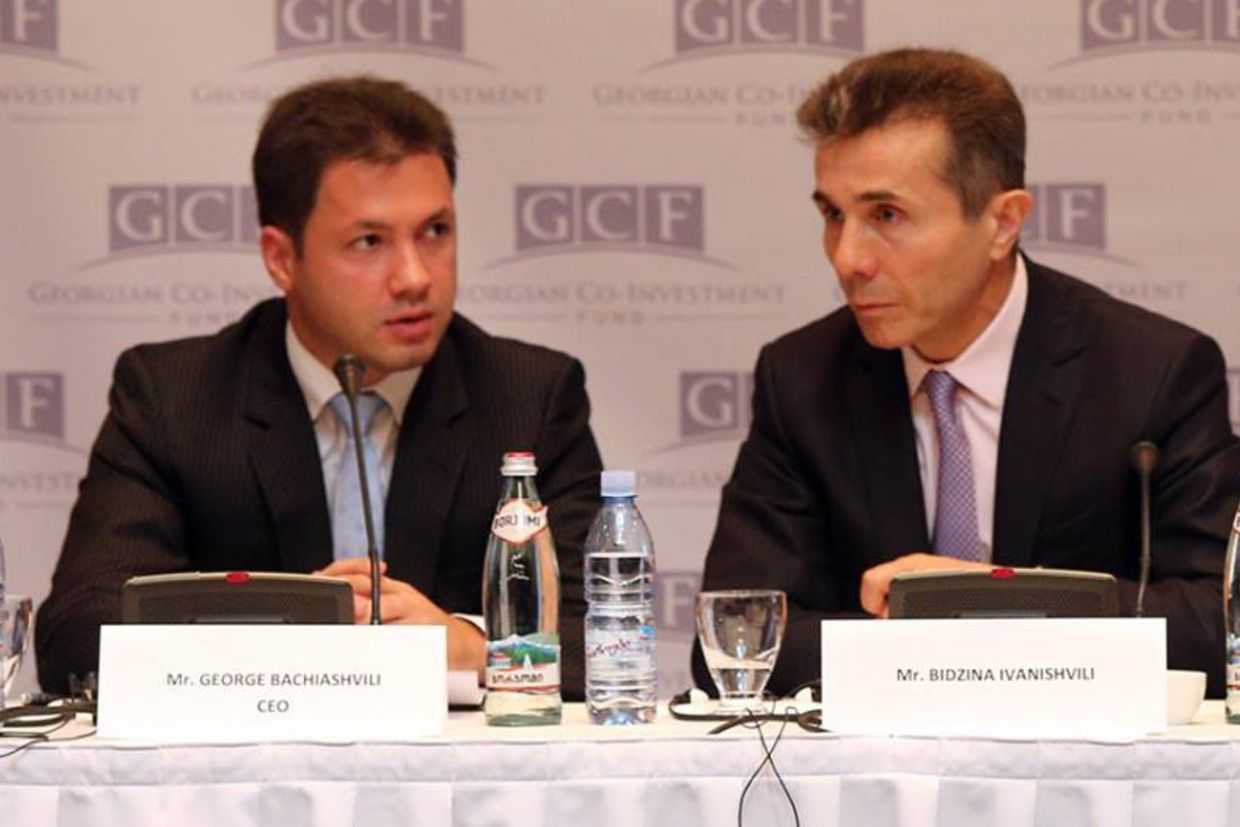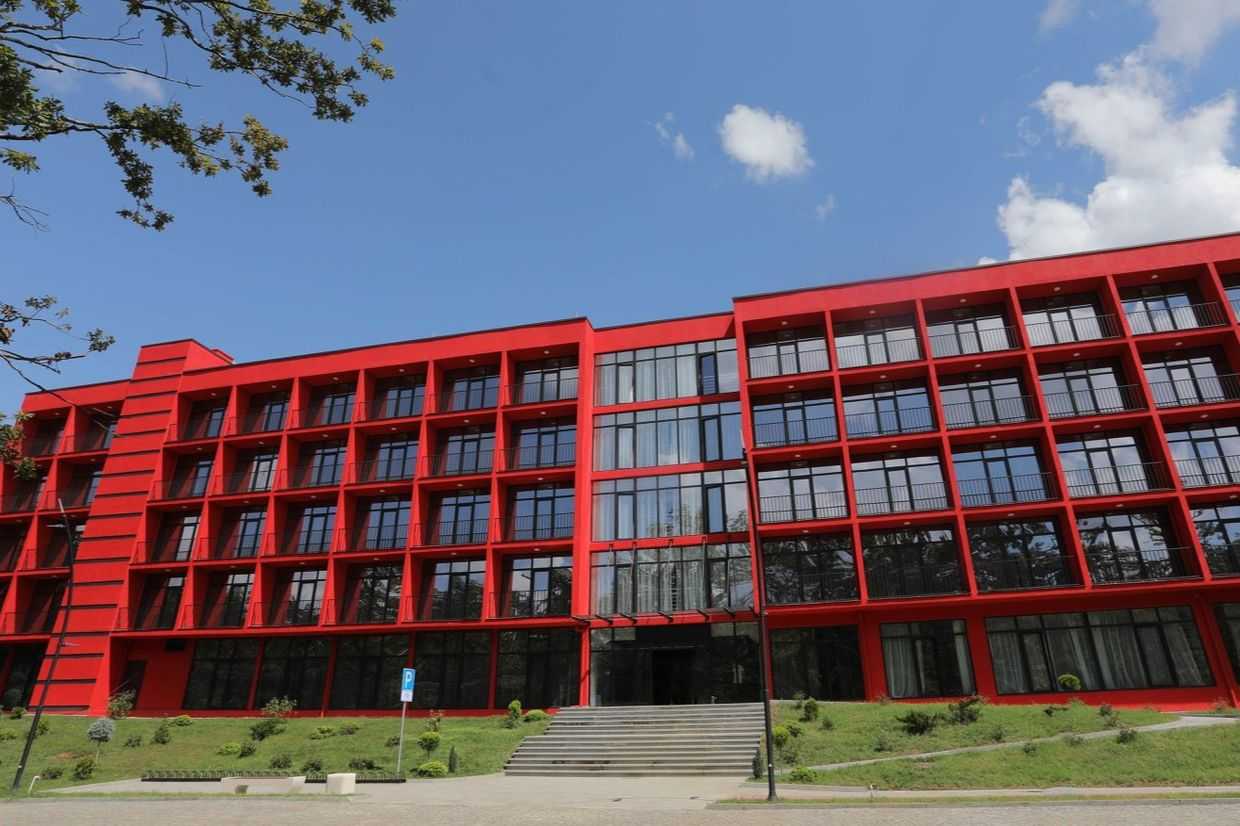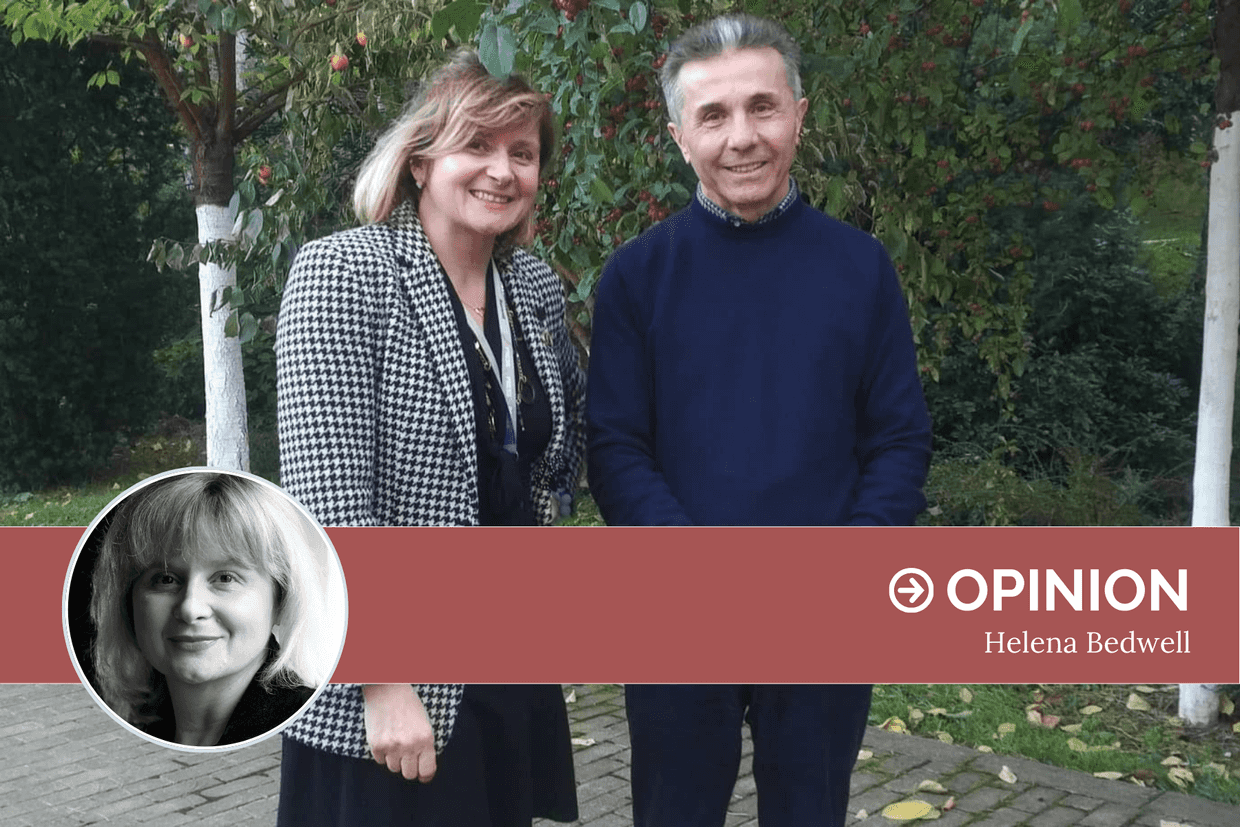
The EU Parliament has adopted a scathing condemnation of Georgian Dream’s foreign agent draft law, calling for the sanctioning of the party’s founder, Bidzina Ivanishvili, and hinging Georgia’s accession talks with the abortion of the draft law.
The European Parliament approved the resolution with 425 MEPs voting in favour of it, 25 against, and 30 abstaining.
The resolution strongly condemned Georgian Dream’s reintroduction of the controversial foreign agent bill, underlining that the draft law was ‘incompatible with EU values and democratic principles, runs against Georgia’s ambitions for EU membership, damages Georgia’s international reputation and endangers the country’s Euro-Atlantic integration’.
‘[The European Parliament] stresses that EU accession negotiations should not be opened as long as this law is part of Georgia’s legal order’, read the resolution.
Georgia’s foreign agent law would label any civil society or media organisation that received at least 20% of its funding from outside Georgia ‘organisations carrying out the interests of a foreign power’. Such organisations would be subject to ‘monitoring’ by the Ministry of Justice every six months, which lawyers have warned could include forcing them to hand over internal communications and confidential sources. Organisations that do not comply would be subject to large fines.
The EU Parliament also approved an amendment calling for the imposition of sanctions against the founder and honourary chair of the ruling Georgian Dream party, Bidzina Ivanishvili, for his ‘role in the deterioration of the political process in Georgia and in working against the interests of its people’.
In another amendment, the EU Parliament called on the EU Commission to ‘promptly assess’ the impact of the foreign agent law on Georgia’s fulfilment of the fundamental rights visa liberalisation benchmark — one of four benchmarks Georgia had to fulfil before being granted EU visa liberalisation in 2017.
Among the amendments approved by the EU parliament were calls for Georgian Dream to recall their ‘LGBT propaganda’ constitutional amendments, and for the government to release imprisoned former president Mikheil Saakashvili on ‘humanitarian grounds and to allow him to receive proper medical treatment abroad’.
‘Pure blackmail’
While the EU Parliament’s resolutions are nonbinding, its assertion that EU accession negotiations should not be opened for Georgia and its recommendation to sanction Ivanishvili are the strongest statements on the subject yet made by the body.
However, last week, the ruling party rushed through amendments to Georgia’s tax codes that would exempt offshore assets brought into the country from taxes — a move seen by many as preparation for possible Western sanctions against Ivanishvili.
[Read more: Georgian Dream eliminates taxes on offshore assets brought to Georgia]
The European Parliament resolution was met with criticism from senior figures from the ruling party; Mamuka Mdinaradze, Georgian Dream’s parliamentary leader, dismissed it as ‘pure blackmail’, adding that nothing could threaten visa liberalisation.
‘The appearance of an entry in the resolution on visa liberalisation, a topic on which any kind of decision (even the initiation of such an issue) requires consensus, that is, the consent of all 27 states, is another fraud and empty blackmail on the part of the initiating MEPs and nothing more!’ he wrote on Facebook, in a likely allusion to Georgia’s close ties with Hungary.
As the resolution was being discussed in Brussels, Prime Minister Irakli Kobakhidze attended the Conservative Political Action Coalition (CPAC) conference. The conference features keynote speeches by conservative leaders from around the world.
IPN reported that Kobakhidze received a warm welcome from Hungary’s far-right Prime Minister Viktor Orbán, who introduced him as a ‘great chess player in Georgian politics’.
Kobakhidze’s predecessor, Irakli Gharibashvili, took part in CPAC Hungary last year, where he lashed out against ‘LGBTQ+ propaganda’ which he claimed went against ‘traditional family values’ and promoted ‘gender-affirming procedures for children’ — key homophobic and transphobic talking points of far-right groups internationally.









